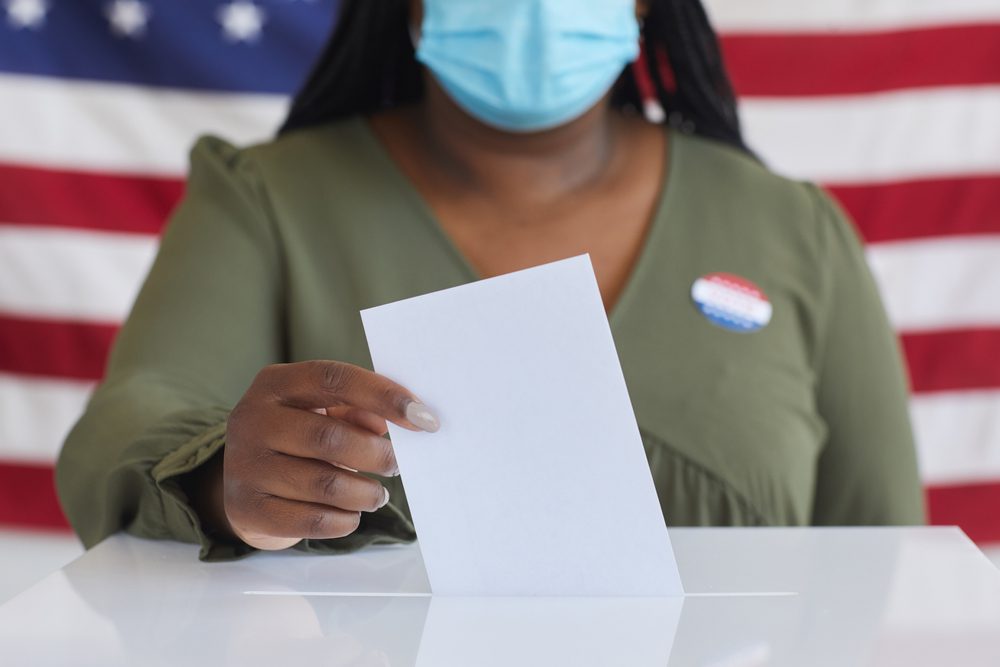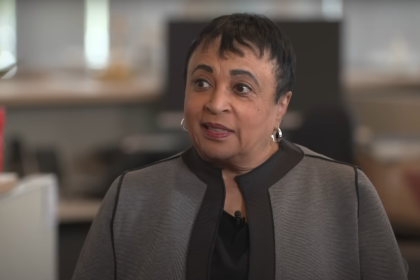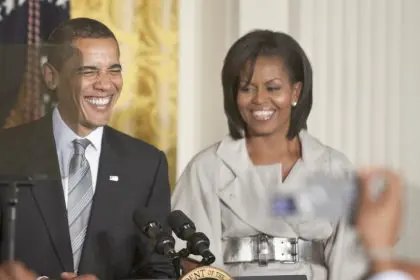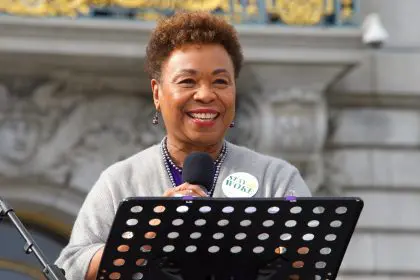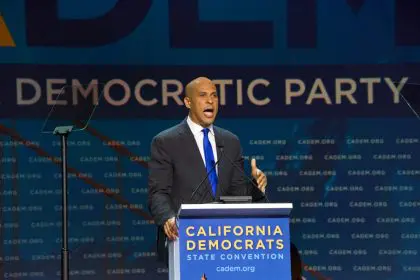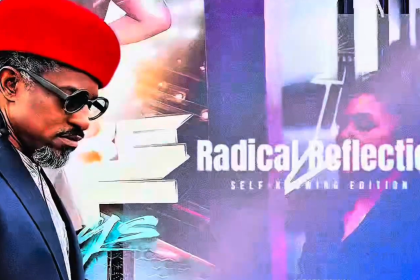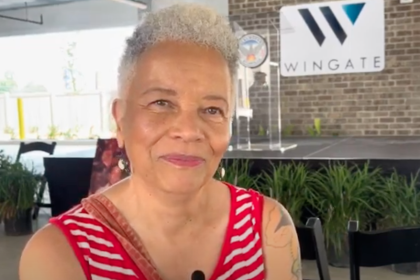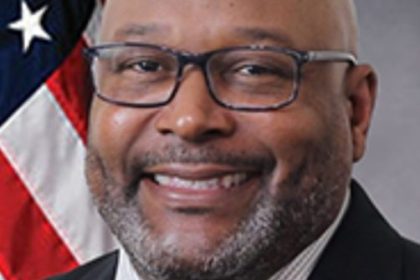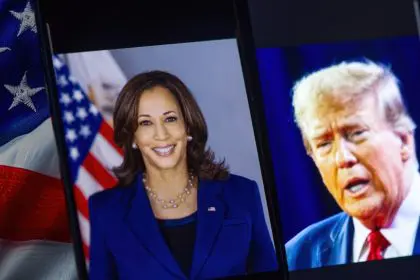In 2021, the state of Georgia enacted SB201, known as the Election Integrity Act. While proponents argue it enhances election security, critics label it as a direct attack on voting rights, particularly for Black and brown communities. This law has sparked significant backlash, culminating in protests led by students and activists in Atlanta.
Protests erupt against SB201
On Oct. 19, 2024, a group of student protestors from Morehouse College joined forces with activists to voice their dissent against SB201. Nicole Carty, the executive director of Get Free, a social justice organization driven by Millennials and Gen-Z, emphasized that this legislation is part of a broader trend of “inhumane laws” aimed at suppressing the votes of marginalized communities. Carty pointed out that such laws echo the oppressive tactics of the Jim Crow era, highlighting the historical context of voter suppression in the United States.
The dehumanizing nature of voter suppression
According to Black Enterprise, Carty articulated the emotional toll of these laws, stating, “It is so visibly dehumanizing to actually criminalize such an act of humanity and dignity.” She underscored that the implications of SB201 extend beyond prohibiting the distribution of water to voters waiting in long lines; they reflect a systemic effort to undermine the democratic process.
Matthew Johnson, Georgia’s organizing manager for Faith in Public Life Action, echoed Carty’s sentiments. He recounted the harrowing experiences of voters in 2020, who endured hours-long waits to cast their ballots. Johnson criticized the focus on minor issues like food and water distribution instead of addressing the root causes of voter disenfranchisement.
Wider implications of SB201 and similar laws
Georgia’s SB201 is part of a larger pattern of restrictive voting laws enacted by Republican-controlled states since the 2020 election. According to the Voting Rights Lab, over 100 laws have been passed across 30 states, all purportedly aimed at combating voter fraud. However, many observers argue that these measures disproportionately affect communities of color.
Jonathan Diaz, a director at the Campaign Legal Center, described the current landscape of voting rights as a “game of whack-a-mole,” where efforts to undermine election processes are constantly evolving. He noted that the 2021 law aligns with a more recent law passed in August 2024, which grants local election officials broad discretion to conduct inquiries before certifying election results. This raises concerns about potential delays and manipulation of the electoral process.
The call for federal action
In light of these developments, Carty urged the federal government to take decisive action against such laws, advocating for the restoration of the Voting Rights Act. Carty’s call to action emphasizes the need for collective mobilization against what she refers to as “Jim Crow 2.0,” a term that encapsulates the resurgence of voter suppression tactics reminiscent of the past.
The fight for voting rights continues
The protests in Georgia serve as a powerful reminder of the ongoing struggle for voting rights in America. As activists continue to rally against SB201 and similar laws, it is crucial for individuals to stay informed and engaged in the fight for equitable access to the ballot. The implications of these laws extend beyond Georgia, affecting the democratic process nationwide. By mobilizing and advocating for change, communities can work towards dismantling systemic barriers to voting and ensuring that every voice is heard in the electoral process.

